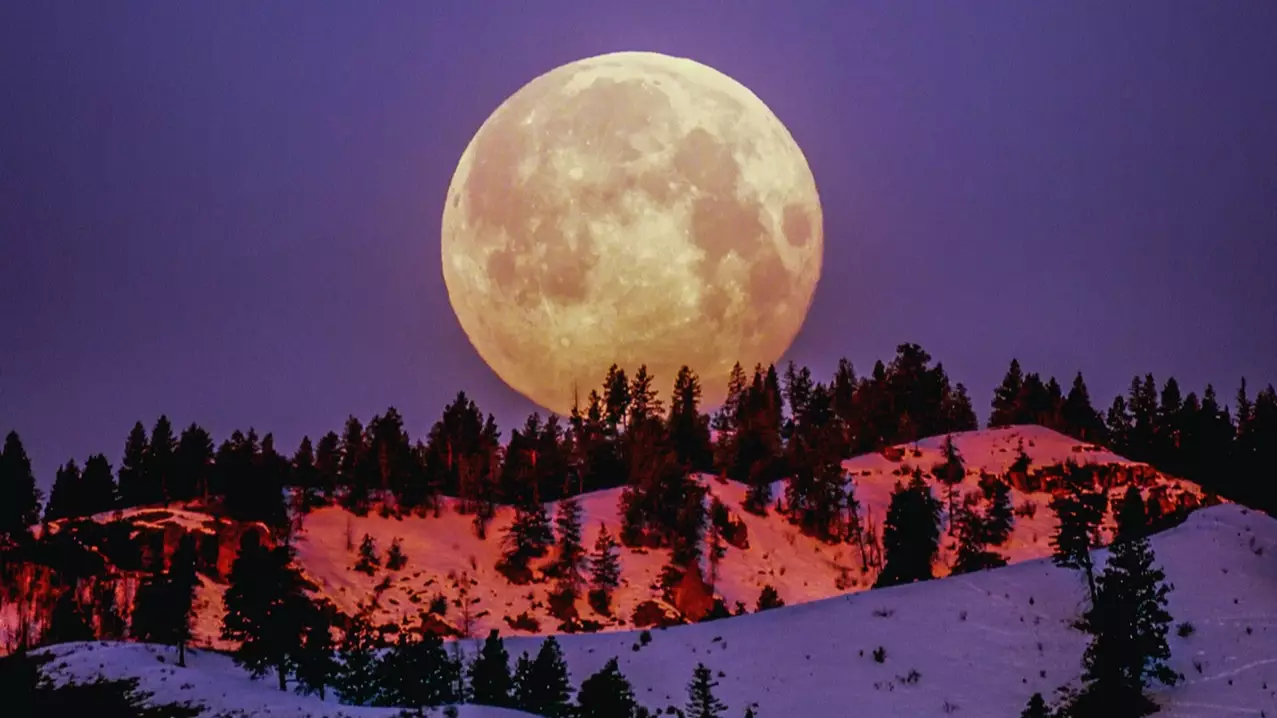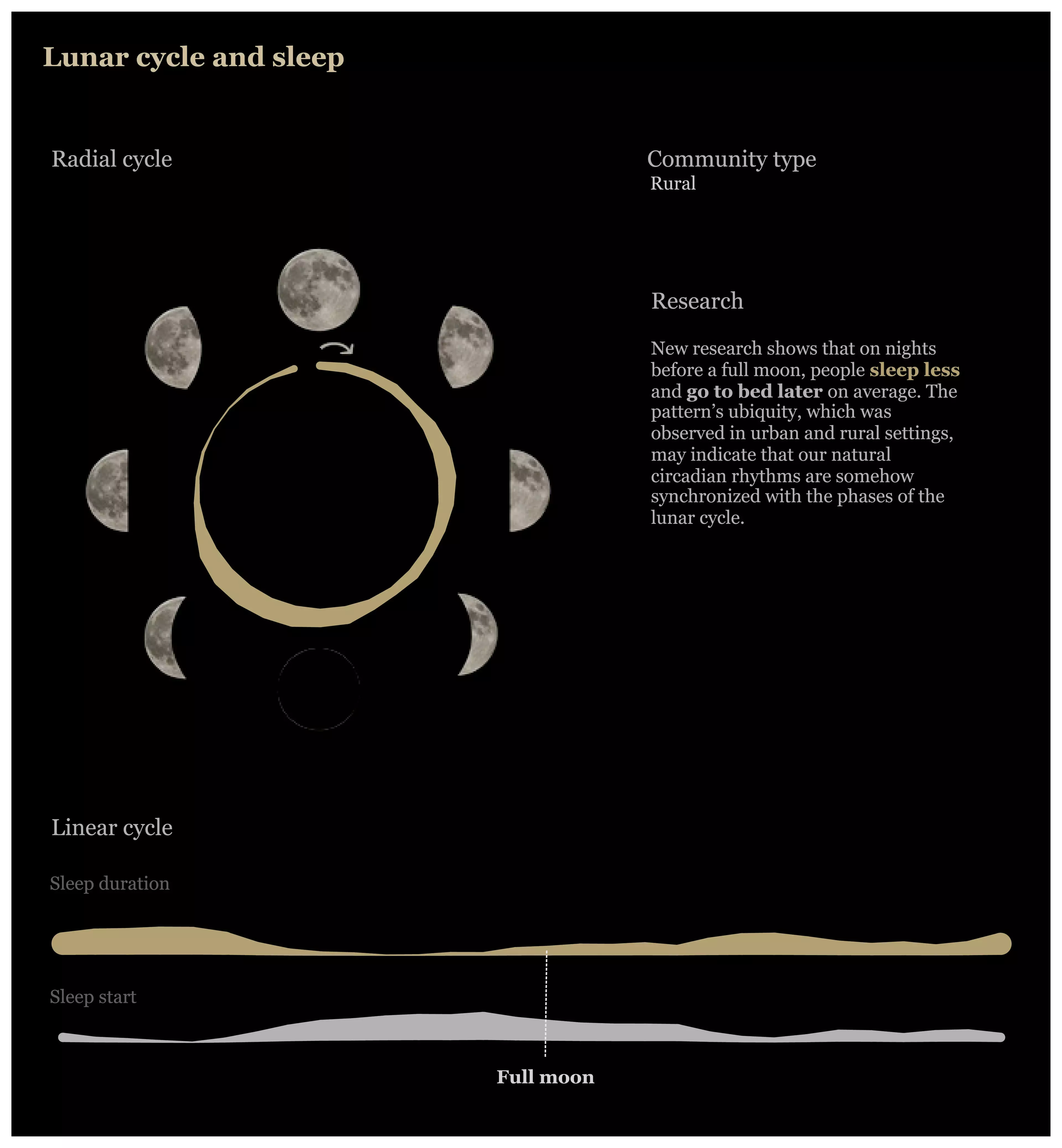
A new study has revealed that people sleep less and go to bed later the night before a full moon - and we knew it!
According to the study, published in the journal Science Advances, the moon has a major impact on our sleep patterns, and it certainly explains why we couldn't sleep last night.
Though we've all blamed the moon (for centuries, in fact) for messing with our sleep, this new study shows that it can actually have a profound impact on our shut-eye.

American and Argentinian researchers found that sleep cycles in people oscillate during the 29.5 day lunar cycle and, in the days leading up to a full moon, people are more likely to go to sleep later than they normally would, with many of us sleeping for shorter amounts of time too.
Advert
The research team, led by University of Washington Professor of biology Horacio de la Iglesia observed the variations in both the time of sleep onset and the duration of sleep in urban and rural settings - from Indigenous communities in northern Argentina to college students in Seattle, a city of more than 750,000.
The team found that our natural circadian rhythms are somehow synchronised with -- or entrained to -- the phases of the lunar cycle.
Prof de la Iglesia said: "We see a clear lunar modulation of sleep, with sleep decreasing and a later onset of sleep in the days preceding a full moon.
"And although the effect is more robust in communities without access to electricity, the effect is present in communities with electricity, including undergraduates at the University of Washington."
Advert
The team tracked sleep patterns among 98 people living in three Toba-Qom Indigenous communities in the Argentine province of Formosa, using wrist monitors to track sleep.
One rural community had no electricity access, a second rural community had only limited access to electricity - such as a single source of artificial light in dwellings - while the third community was located in an urban setting and had full access to electricity.

Although previous studies by Prof de la Iglesia's team and other groups found that access to electricity has an impact on sleep, which the researchers also saw in their study, Toba-Qom in the urban community went to bed later and slept less than rural participants with limited or no access to electricity.
Advert
However, participants in all three communities also showed the same sleep oscillations as the moon progressed through its 29.5-day cycle.
The total amount of sleep across the lunar cycle for each community varied by an average of 46 to 58 minutes, but the study found that people had the latest bedtimes and shortest amounts of sleep in the three to five days leading up to a full moon.
After studying the Toba-Qom participants, the team then analysed separate sleep monitor data from 464 college students from the Seattle area, and found the same oscillations in their sleep patterns.
The evenings leading up to the full moon - when participants slept the least and went to bed the latest - have more natural light available after dusk and this is when the waxing moon is brighter as it progresses towards a full moon.
Advert
Study lead author Doctor Leandro Casiraghi, a University of Washington researcher, said: "We hypothesise that the patterns we observed are an innate adaptation that allowed our ancestors to take advantage of this natural source of evening light that occurred at a specific time during the lunar cycle."
Featured Image Credit: Pexels